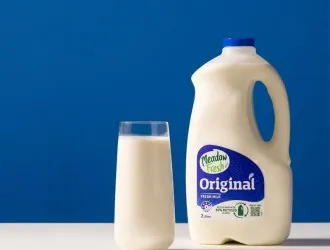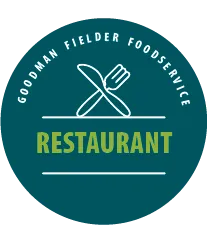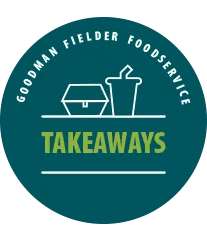A paper from the University of Otago, which delved into food waste generated by New Zealand restaurants and cafes, uncovered some significant findings. The study found that 24,375 tonnes of food waste are produced annually, and on average, each cafe or restaurant generates approximately 2.8 tonnes of food waste per year. While 39% of this was found to be unavoidable, including items like eggshells, banana skins, and bones – the study found that the remaining 61% is avoidable.
And while these figures shock many within the industry, food wastage has proven to be toxic for the environment and have a negative effect on venue’s bottom-line and overall kitchen costs. Now many food service venues are attempting to solve the issue and focus on how they can minimise food wastage within their kitchens.
According to multiple reports, food wastage within a kitchen occurs the most during food preparation, quickly followed by customer plate wastage. So what can realistically be done to cut down of waste?





